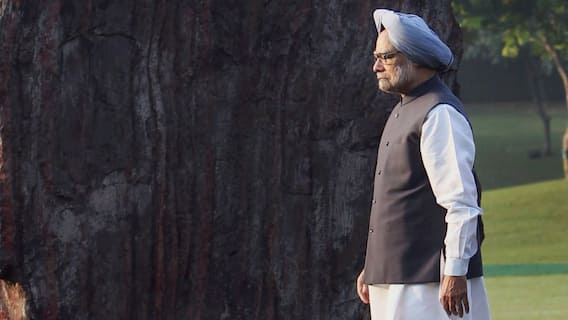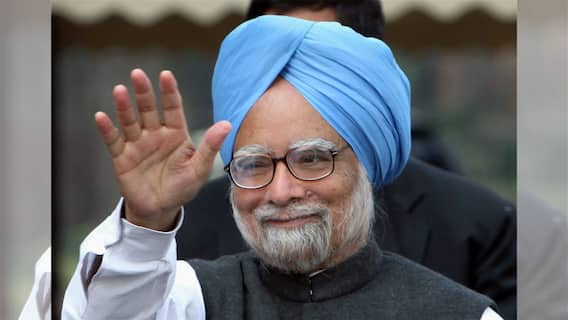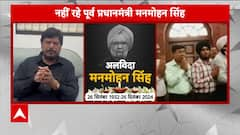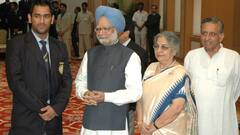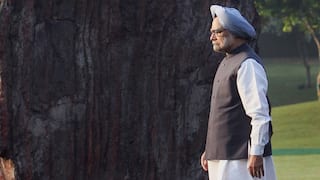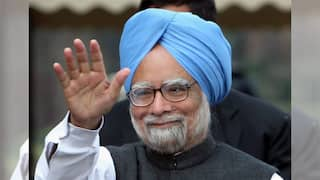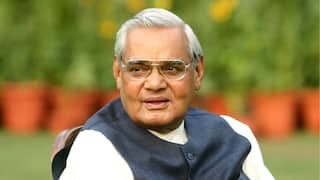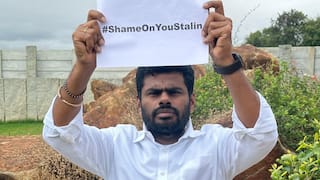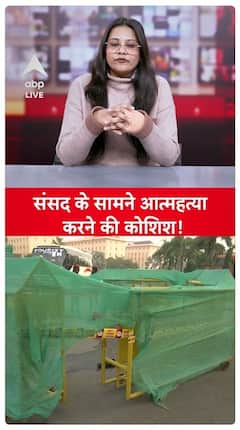All Petitions Related To Salman Khan's Blackbuck Poaching Case Transferred To Rajasthan High Court
As a result of the judgement, the High Court will now consider all of the actor's and the poaching case's appeals.

New Delhi: The Rajasthan High Court on Monday allowed the transfer petition of Bollywood actor Salman Khan in the 1998 blackbuck poaching case. The pleas relating to the actor will now be heard by the High Court instead of the sessions court, ANI reported.
Salman Khan had filed a petition in the sessions court to transfer the pending appeal to the High Court. This was accepted on Monday.
1998 blackbuck poaching case | Rajasthan High Court allows the transfer petition of actor Salman Khan. The pleas relating to the actor will now be heard in the High Court.
— ANI (@ANI) March 21, 2022
(File photo) pic.twitter.com/IBvaZ1JGEW
Salman Khan has been accused of hunting and killing two blackbucks in Rajasthan's Kankani while shooting for the film "Hum Saath Saath Hain".
The Bollywood star was accused under Section 9/51 of the Indian Wildlife (Protection) Act, 1972.
A charge was also filed against Salman Khan under sections 3/25 and 3/27 of the Weapons Act for allegedly maintaining and using firearms with expired licences in blackbuck poaching.
Salman Khan was sentenced to five years in jail by the Rajasthan High Court in 2007. However, the court eventually suspended it after he served a week in jail.
The Rajasthan High Court finalised the accusations against the actor in 2012, paving the way for a new trial.
In 2014, a legal notification was sent to Salman, appealing a prior suspension order issued by the HC in 2007 about the actor's conviction.
After the Rajasthan High Court acquitted the actor of all charges, the Rajasthan government filed an appeal before the Supreme Court in 2016.
The Supreme Court ordered to accelerate the case's hearing procedure.
Later, a trial court convicted Salman guilty of killing two blackbucks in 2018.
Moreover, his Hum Saath Saath Hain co-stars Saif Ali Khan, Sonali Bendre, Neelam, and Tabu were also prosecuted under Section 51 of the Wildlife (Protection) Act and Section 149 of the Indian Penal Code (unlawful assembly). They were, however, acquitted subsequently.
Trending News
Top Headlines





